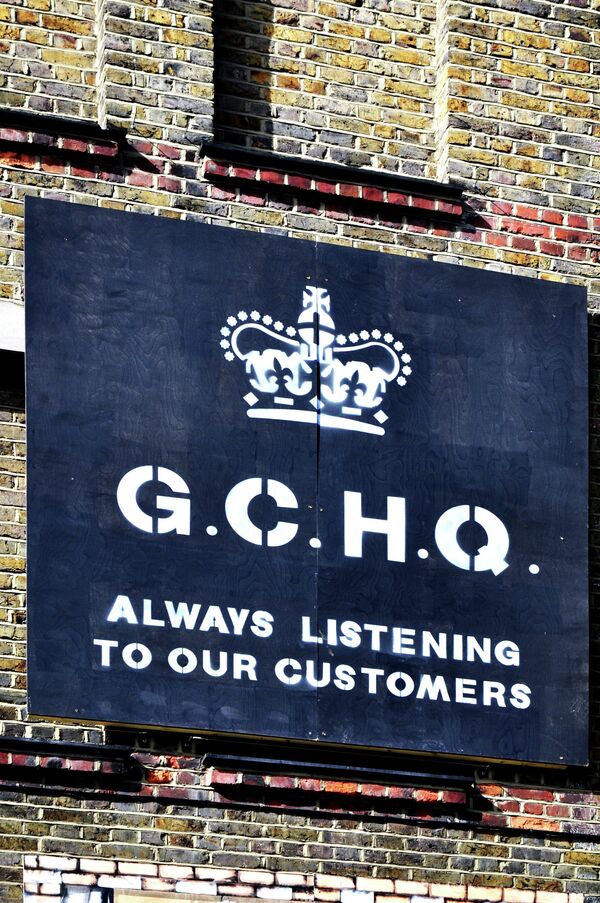Although the direct interception of voice traffic over satellite is nothing new, it has emerged that GCHQ — which operates closely with the US surveillance agency, the NSA — has been running tests on sampling satellite links to see if they contain phone numbers belonging to known targets — including foreign governments.
GCHQ Bude is an organ of the British intelligence service's operation, based on the north Cornwall coast at Cleave Camp. The United States paid £15.5 million towards its recent redevelopment, according to documents exposed by former US intelligence analyst Edward Snowden.
New Snowden documents show how the GCHQ tracked iPhone users http://t.co/UMnm47WXqi pic.twitter.com/YQJkASt3pT
— The Verge (@verge) January 24, 2015
Its main operations centre on the interception of internet traffic carried by transatlantic cables.
However, new evidence has emerged showing that tests have been run to see if previously unmonitored communication paths can be monitored to "highlight the possible intelligence value" and whether certain satellite links could be "of potential interest for tasking".
It's Bude to Interrupt
According to the German news magazine Der Spiegel, documents it has seen show that GCHQ "at least intermittently, kept tabs on entire country-to-country satellite communication links, like Germany-Georgia and Germany-Turkey, for example, of certain providers".
Satellite phone calls are usually compressed, to ensure data optimisation, so that phone calls are digitally garbled to make maximum use of satellite bandwidth. This makes calls more difficult to intercept.
What Bude has been doing, however, is sampling the satellite links for the metadata for telephone conversations.

As far back as 2009, the documents show that GCHQ Bude station had lists of phone numbers from the German government network in Berlin and those of German embassies overseas.
The documents reveal that GCHQ analysts have documented test runs on such subjects as the European Commissioner Joaquin Almunia, Thales freight and logistics and the United Nations Institute for Disarmament.
European Commission spokeswoman Pia Ahrenkilde Hansen condemned the apparent targeting of EU officials and foreign governments, saying: "This piece of news follows a series of other revelations which, as we clearly stated in the past, if proven true, are unacceptable and deserve our strongest condemnation. This is not the type of behaviour that we expect from strategic partners, let alone from our own Member States.
"These issues are already being dealt with through the working groups created with the United States. The Commission has also recently adopted a communication with a number of measures which are needed to restore trust and confidence in the transatlantic relationship.
"We equally welcome the internal review process that the United States' administration is conducting on its intelligence activities. We trust that this will lead to intelligence collection which is respectful of our democracies and the fundamental rights of our citizens. The Commission will raise these new allegations with US and UK authorities."
A Spoke in the Works
According to analysis of the documents by Electrospaces.net, three of the technical reports into the test runs at Bude are classified as SECRET STRAP 1 SPOKE. Analysts said:
"The British marking STRAP 1 means that the dissemination of the document is restricted by measures from a three-level control system codenamed STRAP. Within that system, STRAP 1 is the lowest level."
SPOKE is one of the code words that the NSA used in the past, but which ex-CIA contractor Edward Snowden revealed was still in use until recently.
The evidence points to the fact that GCHQ Bude has been attempting to run general tests to use international communications satellite technology to track — and potentially intercept — targets across the globe. Of course, there is nothing illegal in regards to all that, as it takes place in space — away from anywhere that has the legal authority to block covert surveillance.


